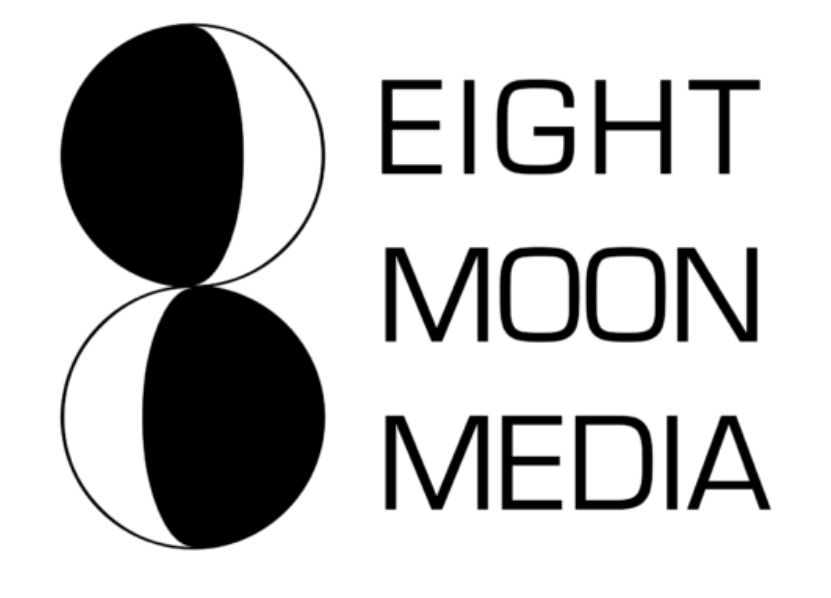Twitter is now ten years old. I joined on 29 March 2008 after resisting for a few months, but in the end social media – and Twitter in particular – resurrected my comms career. Here is my view on keeping Twitter in perspective and where I think it needs to go next.
Today marks eight years since I first tweeted. You can see it was all Tim Hoang’s fault that I joined after months of resisting. But thanks in part to his enthusiasm back in 2007-8 and a great speech I saw from Will McInnes, now at Brandwatch, I fully grasped that the old way of comms that I found formulaic was about to change faster than ever before, and be far more exciting and creative as a result.

My first tweet. I didn’t even cite @TimHoang properly but a still less embarrassing first tweet than ‘Ed Balls’…
True story: In 2008 I came close to jacking in a decade-long career in tech PR and journalism to set up an off-road cycling tour company in Spain. I based myself in Valencia to research the viability of the project. It was while I was working there as an early digital nomad writing about digital marketing and running more and more integrated PR campaigns that I decided to stick with comms. Twitter’s potential for influencer relations and story breaking was evident. My mojo was back and there was work to be done…
I returned to the UK a year later to focus my energies on digital marketing and the rest is history, and Twitter – not Facebook or LinkedIn – was the catalyst.
As for Twitter, here are some observations:
- The noise is what you make it: Many of Twitter’s millions are pushing their own stuff (we’re all guilty of that), and many feel the conversational element of those early days has gone. We all want different things from Twitter, so cull those who no longer satisfy your need and tune into those that do, but keep the conversation coming, don’t just post
- It’s harder to earn followers nowadays: You get out what you put in, but I raced to my first 2,000 followers within 18 months and limped to where I am now over the following six years. People are far more discerning now, which is great – we have to earn their followership
- Twitter is not the problem, human nature is: There’s always a moron popping up and tweeting their way into court. Haters gonna hate. This is not Twitter’s fault; the idiots were always there, it’s just made it easier for them to show themselves to the world
- When anyone says Twitter is dead, you know it’s not: Twitter is so valuable to media, brands and individuals that I don’t see it going away any day soon
- Analyse your own performance: As you would for a client or your organisation, look at your analytics to what people engaged with and when, this is why they follow you. I have reined in talking about football, as that gets my unfollowed and very few interactions
- Nothing beats human interaction: Twitter’s great for discovery, but nothing beats meeting those people you meet on Twitter in person. Many people I have met through Twitter have been ‘upgraded’ to Facebook friends thanks to offline contact
For all its benefits, and its ability to be the platform on which news breaks and revolutions are founded, the network seems to struggle with where to go next. Abandoning the 140-character limit would be suicidal, in my view, especially when attention spans are getting shorter, not longer.
Periscope, Vine and other visually led initiatives would appear to be the way to go. Twitter is without question my favourite of the social networks. It’s the one that’s got me connections and work, probably more so than even LinkedIn, plus it’s the one that educates me most.
What does Twitter mean to you?
You can follow me on Twitter. I’m @CMRLee and @SilFinch for work-related stuff, and @OutsideWrite if you like football and travel. I look forward to engaging with you there.
